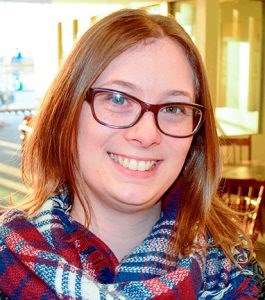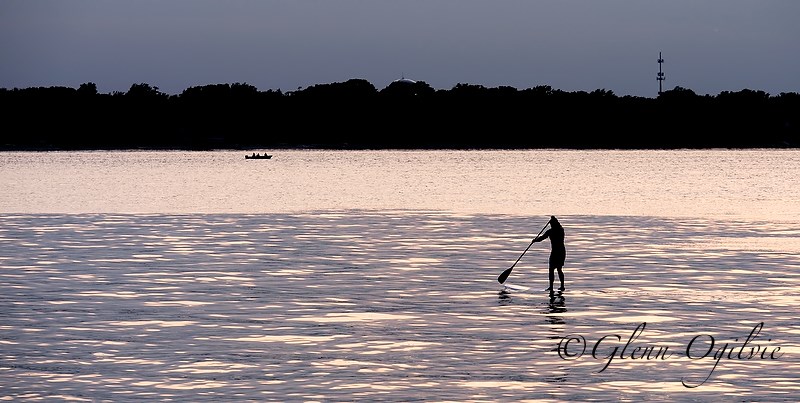Cathy Dobson
Fifteen people from Sarnia are assisting with a pilot project to determine just how much plastic is polluting the water of Lake Huron and Georgian Bay.
The research beginning in May is expected to produce some unsettling results, says Tineasha Brenot, a technologist with the Lake Huron Centre for Coastal Conservation in Goderich.
Brenot is managing the microplastic awareness project, which will see 162 volunteers along the coast collect near-shore water samples.

Each sample will be filtered and examined under a microscope to measure the volume of microplastics, tiny pieces of plastic that measure five millimetres or less.
“That could be anything from microbeads, to microfibers from clothing, to a small chunk of plastic broken off of something larger.”
“We expect the results will be a little concerning”, said Brenot. “Virtually every piece of plastic ever made still exists in some shape or form.”
A 2014 study of the U.S. Great Lakes by the 5 Gyres Institute found an average of 43,000 microplastic particles per square kilometre. Near cities, the number jumped to 466,000.
The Coastal Centre suspects the levels are much higher.
“It’s really scary,” Brenot told a group of about 45 Sarnians gathered for a recent Green Drinks environmental discussion.
“When plastic is in an aquatic environment it acts like a magnet for PCBs and (other chemicals). It’s like a tiny pill of poison small enough to be consumed by tiny organisms,” she said.
Those small organisms are eaten by larger ones and the plastic moves up the food chain.
“Even if you don’t eat fish, we know that microplastics are in our drinking water, not just in the Great Lakes but all over the world.”
Brenot challenged the Green Drinks audience to cut back on their use of plastic and think about more environmentally friendly alternatives.
She pointed to Sarnia’s municipal recycling program and noted the list of plastic items accepted in the blue box is much shorter than the not-accepted list.
Plastic shopping bags, for instance, aren’t accepted in the blue box program.
“I’m not saying Sarnia is doing anything inappropriate,” Brenot said. “But when your municipality doesn’t take something the responsibility falls back on us to make sure these plastics get recycled.”
Several local grocery stores charge for plastic bags and accept them for recycling, pointed out Mary Jean O’Donnell, the owner-operator of MJ Waste Solutions.
O’Donnell is also a Green Drinks Sarnia organizer and said she’s concerned that regulations in Ontario don’t support recycling as much as other jurisdictions.
“In Canada, Ontario is unique in that it doesn’t have deposits on water bottles and soft drink containers,” she said.
Green Drinks members discussed milk sold primarily in plastic bags in Ontario, versus the hard plastic containers widely used in other places where deposits are offered.
Brenot noted that her work takes her to many beaches and she sees firsthand how slow municipal garbage pickup contributes to lake pollution.
“If the garbage cans aren’t emptied, the garbage overflows and the wind blows it into the lake,” she said. “Storm drains are also a really big problem. If there aren’t any screens, everything washing down will make it into our lakes.”
The news isn’t all bad. After microbeads were found in the Great Lakes and fish bellies, Canada started phasing out microbead use in cosmetics this year.
Initial data from the microplastic management project is expected to be released by the end of 2018. Brenot said the Coastal Centre hopes to continue collecting water samples for years to come and will need volunteers in the Sarnia area for 2019. For details, visit www.lakehuron.ca.
For more on the impact of plastics on the environment, visit http://sloactive.com/plastic-pollution.
Green Drinks Sarnia is a free monthly forum to discuss environmental issues. Meetings are held at 100 Christina St. North. Next up is speaker Justin Jones of the Bicycle Friendly Coalition who will discuss making Sarnia more bicycle friendly April 11 at 6:30 p.m.
